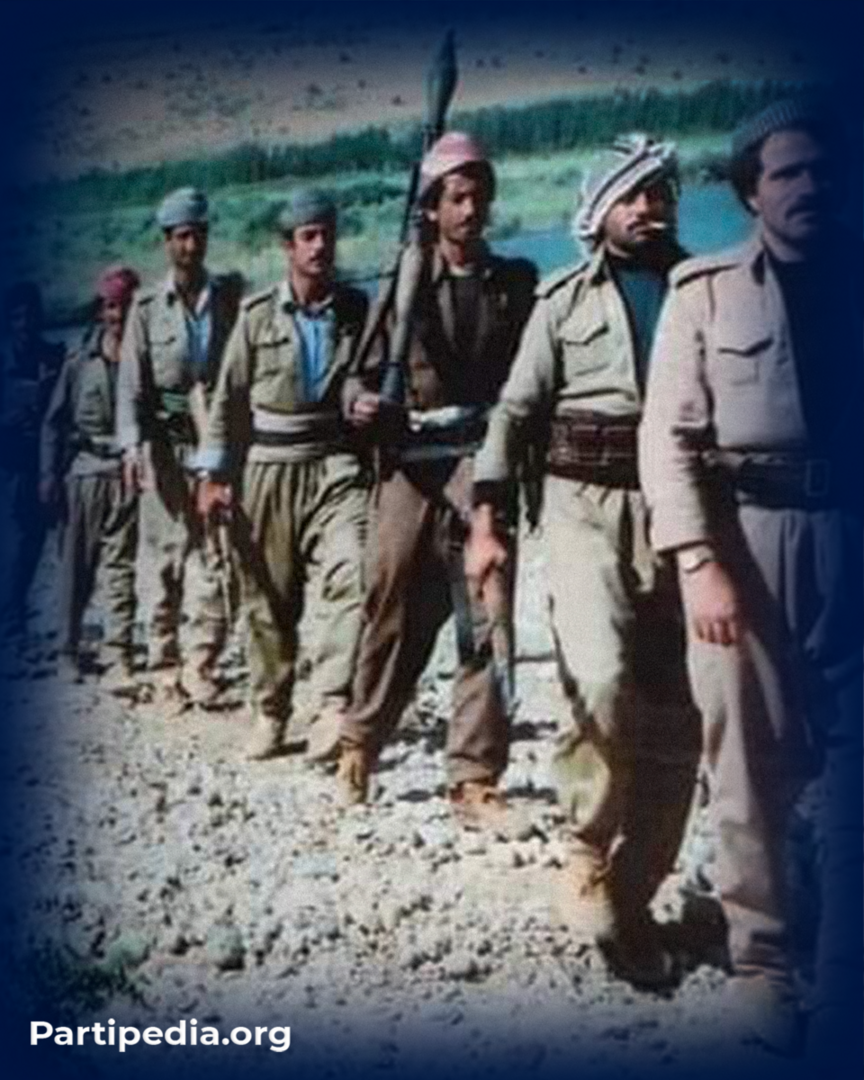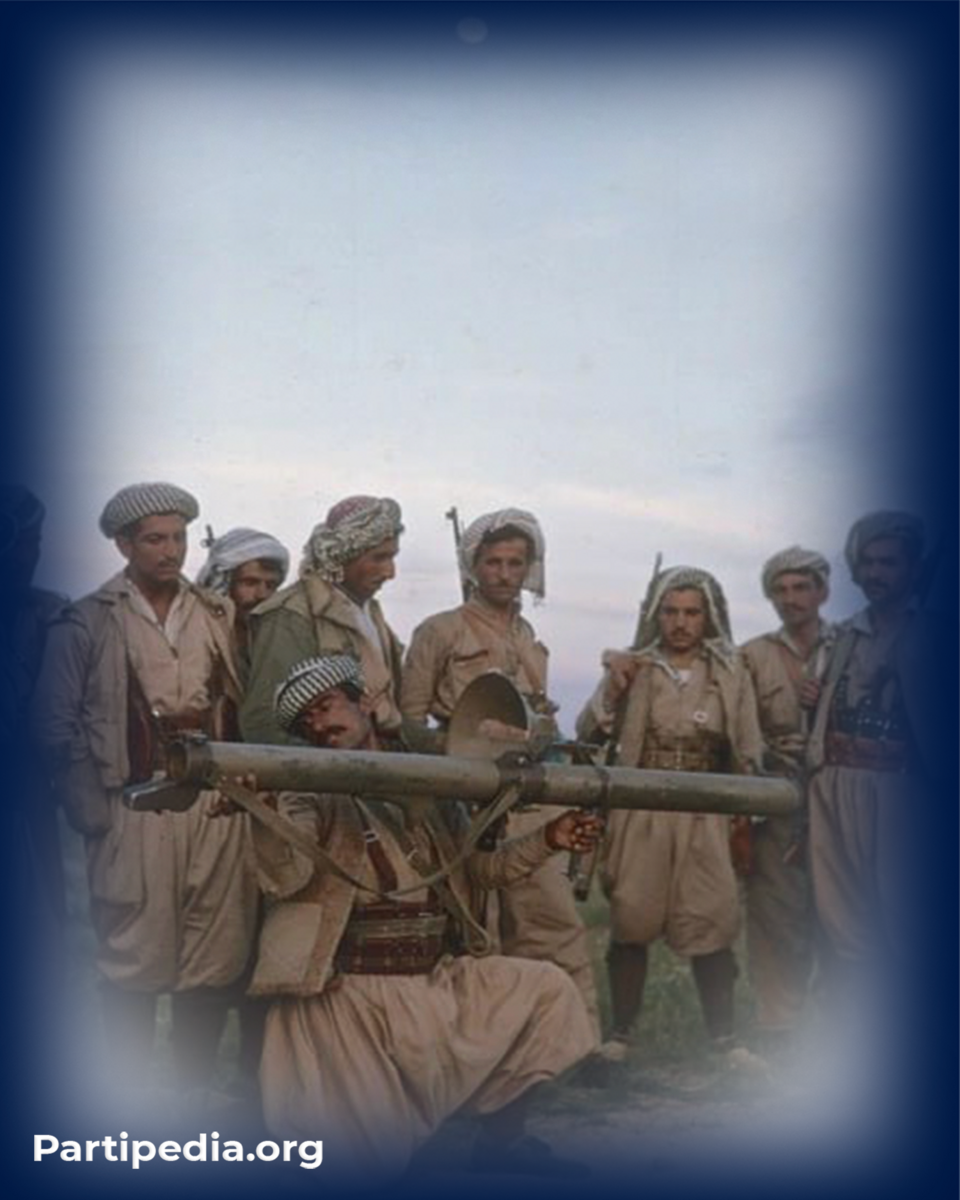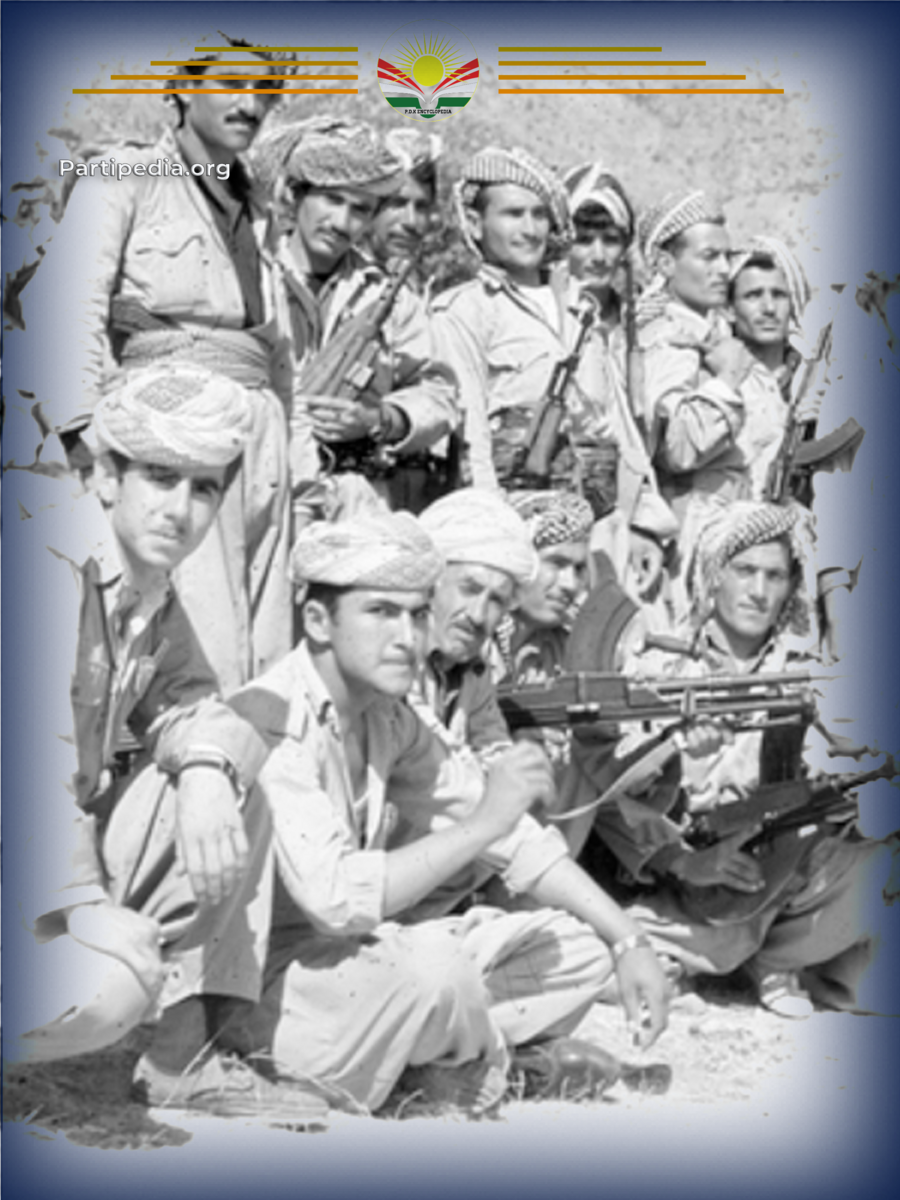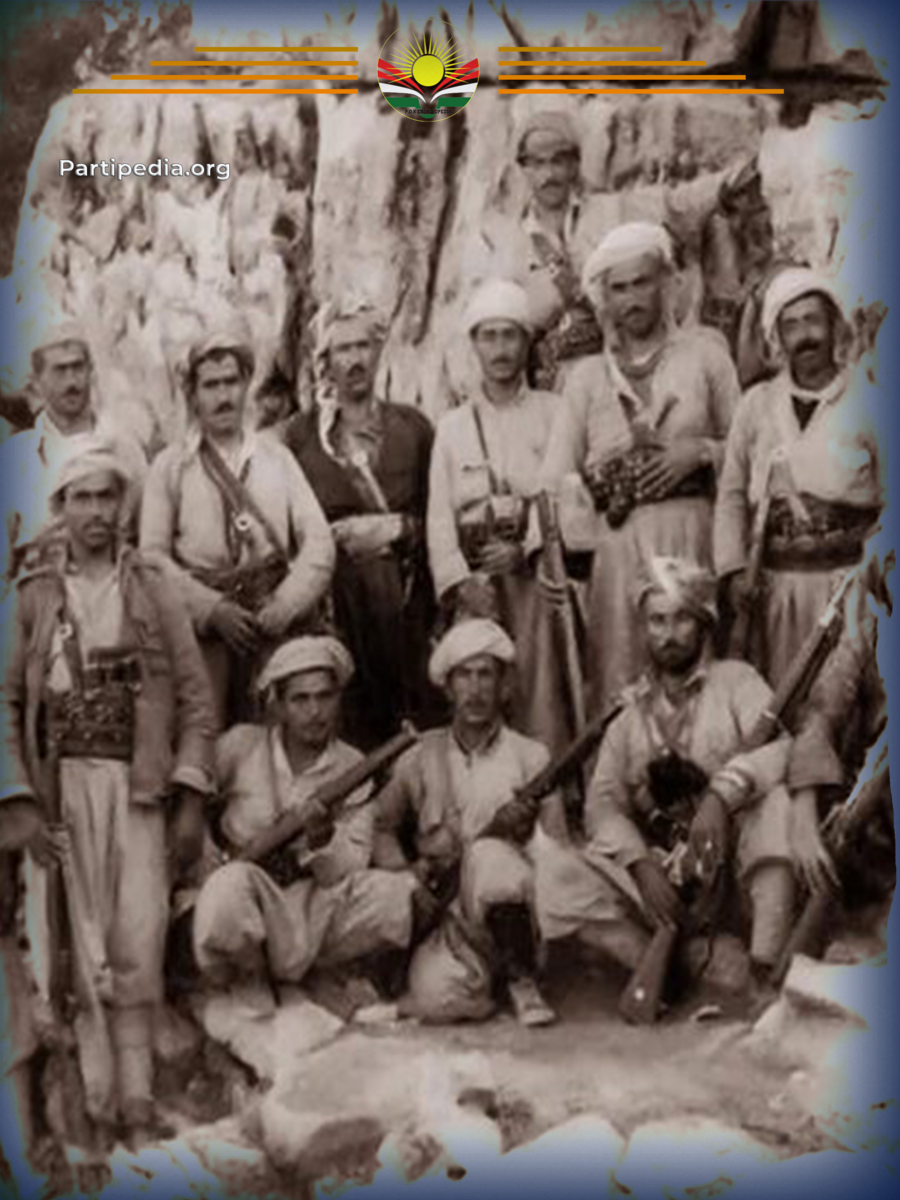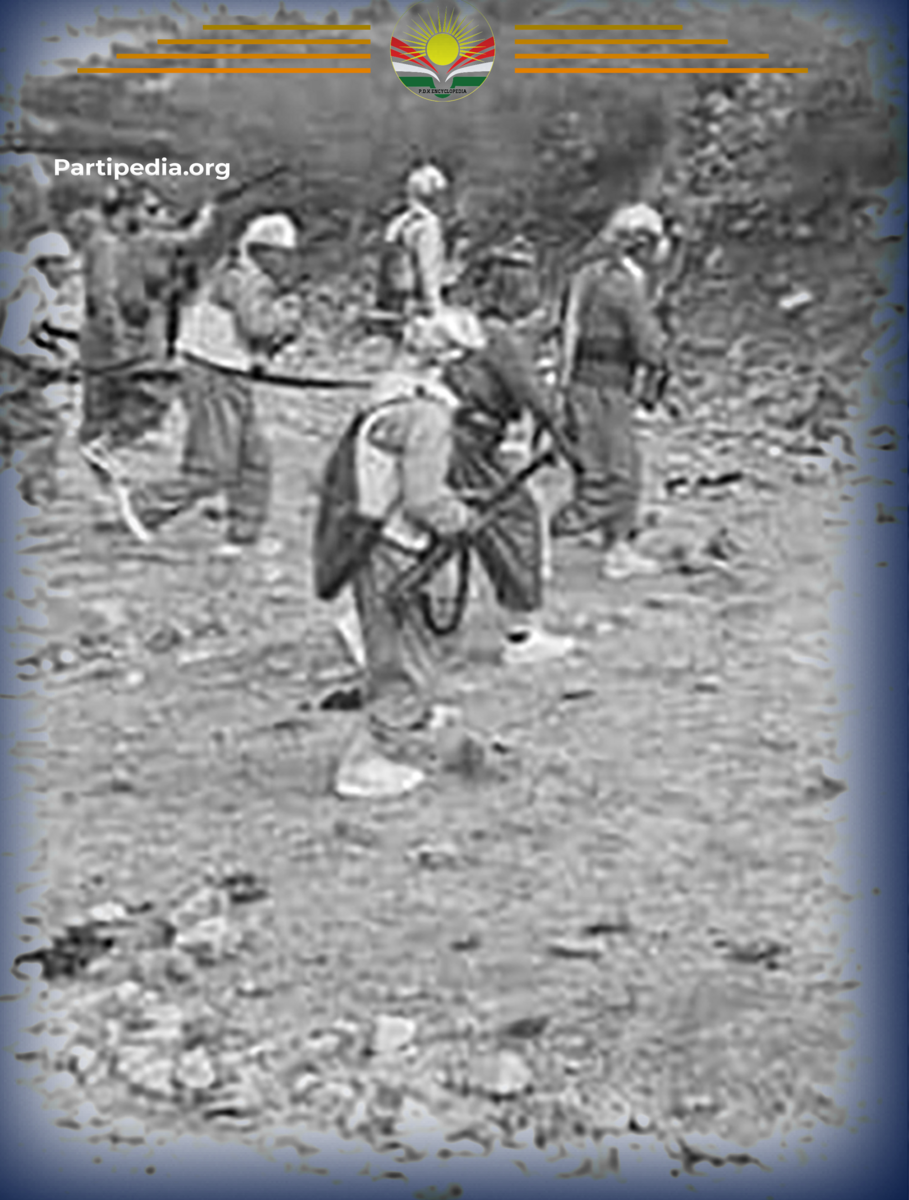Following the Aylul Revolution's collapse in March 1975, the Kurdish leadership considered carrying on with the revolution and reentering the battlefield through Peshmerga operations. Although the revolutionary leadership was in exile and under the surveillance of Iran, it also provided the opportunity to restart the fire of revolution and deploy Peshmerga Forces to different parts of Kurdistan to instill fear and distress among the ranks of the Iraqi Army. Furthermore, it was to show that the Kurdish people did not forget the atrocities done to them by the Iraqi Army.
The struggle of the Kurdish revolution included many tactical Peshmerga operations all around Kurdistan to prevent the Iraqi regime from living in peace and show them that the Kurds are still thriving, and they are a force not to be reckoned with. Moreover, in mid-1976, the armed revolution resumed and once again gave hope to the Kurdish people. This step was a historic turning point in Kurdish history. For this reason, throughout the revolution, the Kurdistan Peshmerga Forces conducted numerous military operations in various areas and severely damaged the Iraqi regime's armed forces and security.
Source:
Kdp Encyclopedia Archive
The brave Pehsmerga operations mentioned above are part of the Battle of Sharansh on the main road between Sharansh and Takhe plain in the area of Qala Salmani in the Sindhi region. The Kurdistan Peshmerga Forces were always looking for an opportunity to defeat the Iraqi army. That opportunity happened on the morning of August 18, 1976, an Iraqi army force was ambushed by a Peshmerga Force and a chaotic battle was the result. After the fighting, the great Peshmerga Force were able to cause heavy damage to the Iraqi army force, which included the death of 12 soldiers, including an officer with the rank of lieutenant and another with the rank of first lieutenant. In addition, several other high-ranking members of the Iraqi Army were killed. Also, the Peshmerga were able to secure multiple Kalashnikov weapons.
Although such activities of the Peshmerga do not go into the liberation of an area that the Peshmerga has captured and remained in, it was still a huge blow to the Iraqi Army forces within the frameworks of the revolutionary operations of the Peshmerga Forces. Furthermore, it was a morale boost for the Peshmerga Forces against the enemy, and at the same time a message to the hateful Iraqi regime that the revolution continues to defend the rights of the Kurdish people and will never stop until the Kurds are free from the hands of tyrants and dictators.




